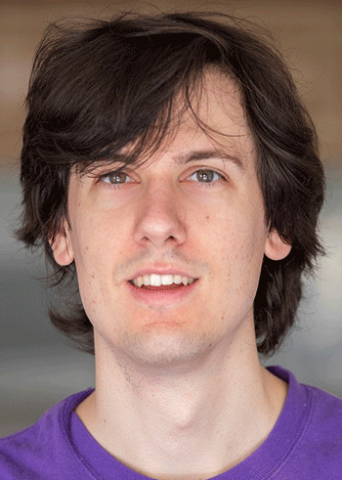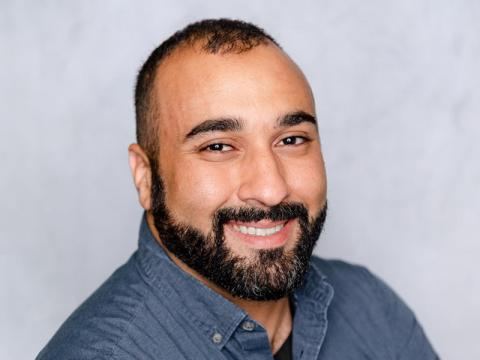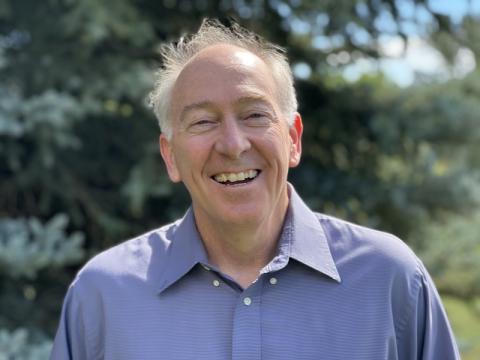Tommaso Buvoli
Tommaso Buvoli
Assistant Professor

Education & Affiliations
Research
My research is focused on the development, analysis, and application of novel numerical methods for solving complex, high-dimensional differential equations. These equations typically arise from multiscale dynamical systems and are essential for simulating physical phenomena such as weather, combustion, and plasmas.
Khaled Adjerid
Khaled Adjerid
Professor of Practice

Office
623 Lindy Boggs Center
Department of Biomedical Engineering
Tulane University
New Orleans, LA 70118
Courses Taught
Fall
BMEN 3030/6030: Anatomy and Physiology for Biomedical Engineers
BMEN 3035/6035: Anatomy and Physiology Lab for Biomedical Engineers
BMEN 4900: Art of the Professional Engineer
BMEN 4912: Research and Professional Experience II
Spring
BMEN 3075/6075: Quantitative Physiology Lab
BMEN 4902: Research and Professional Experience I
BMEN 6970: TRIZ - Theory of Creative Problem Solving
Summer
ENGP 1410: Engineering Mechanics: Statics
BMEN 1005: Introduction to Musculoskeletal Anatomy and Biomechanics
Education & Affiliations
Biography
Dr. Adjerid’s background is in fluids, materials, and biomechanics. He has an interest in biomedical device design, bioinspiration, and biomimetics centering around fluid control and fluid flow characterization. In his most recent work, Dr. Adjerid is investigating the role of sensory stimulation on the control of swallowing in preterm infants. His work aims to identify and alleviate issues associated with neurological deficits in fragile populations. Previously he studied fluid structure interactions in other natural systems as inspiration for novel biomaterials and devices.
Honors and Awards
Dysphagia Research Society Meeting - Best Poster (2021)
American Microscopical Society Buchsbaum Imaging Award (2019)
Virginia Tech Graduate Dean’s Global Perspectives Program fellow (2018)
Liivui Librescu Memorial fellowship, Virginia Tech (2017)
Iota Delta Rho Interdisciplinary Research Honor Society (2014)
Davenport Leadership Scholarship Fellow, Virginia Tech (2012)
Publications
Professional Experience
General Electric Transportation, Erie, PA, Locomotive Repair and Monitoring Engineer;
Owens Corning Science and Technology, Granville, OH, Glass Manufacturing Technology Engineer
Kenneth McLaughlin
Kenneth McLaughlin
The Evelyn and John G. Phillips Distinguished Chair

Education & Affiliations
Biography
Ken McLaughlin grew up in Tucson, Arizona, removing cactus needles from baseballs and soccer balls, and peering through a homemade telescope at the dark skies of the desert. He earned his Bachelor’s degree and Ph.D. in Mathematics From New York University. He has been a faculty member at the University of North Carolina, Chapel Hill, The University of Arizona, the Universidade Federal de Brasília (Brazil), and Colorado State University, before joining Tulane University as the Evelyn and John G. Phillips Distinguished Chair in Mathematics. McLaughlin has served as the Head of the Mathematics Department at the University of Arizona, and as the Chair of the Mathematics Department at Colorado State University. He has held visiting research professorships at international research centers in France, Italy, Brazil, Belgium, the United Kingdom, and the United States. His research is in a field called “integrability”, where he and his friends discover new phenomena in complex systems and provides complete and mathematically precise descriptions of these phenomena, by integrating techniques from across many areas of mathematics.
